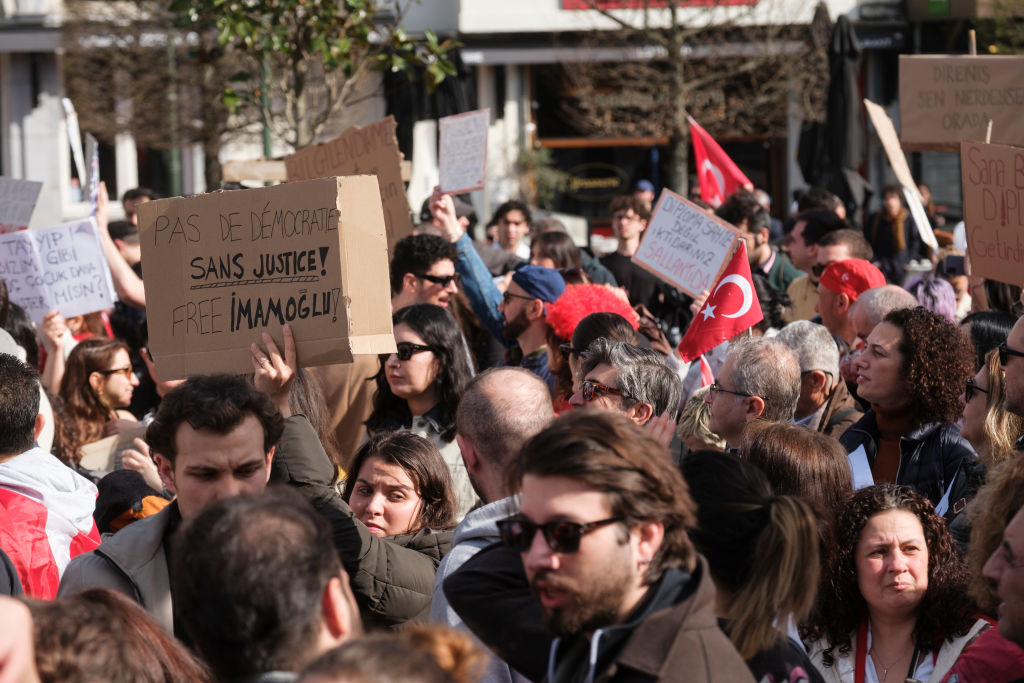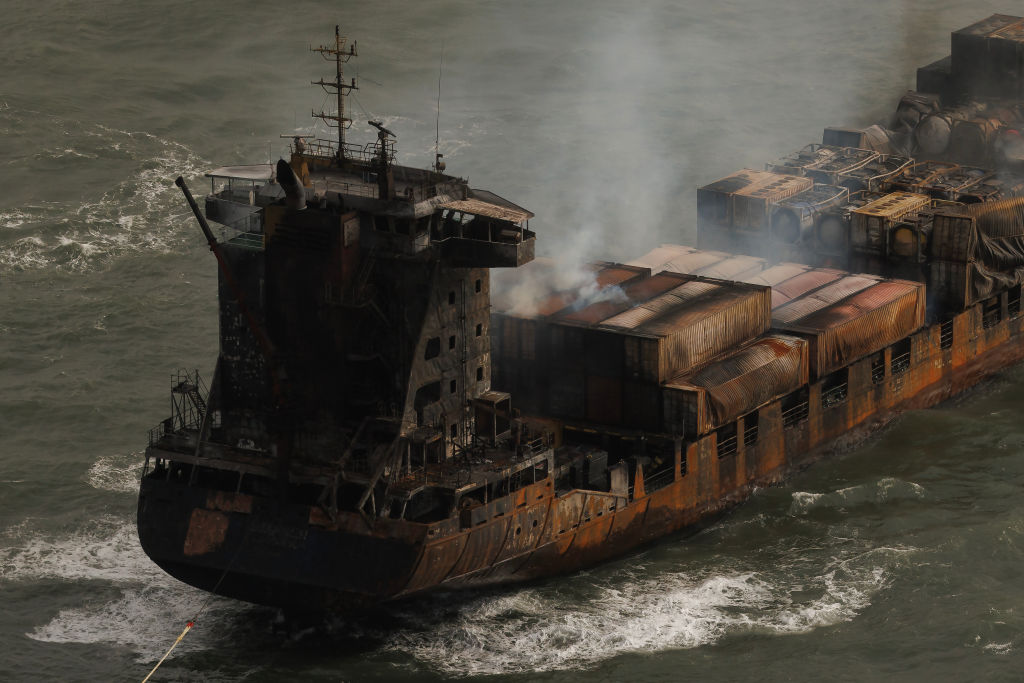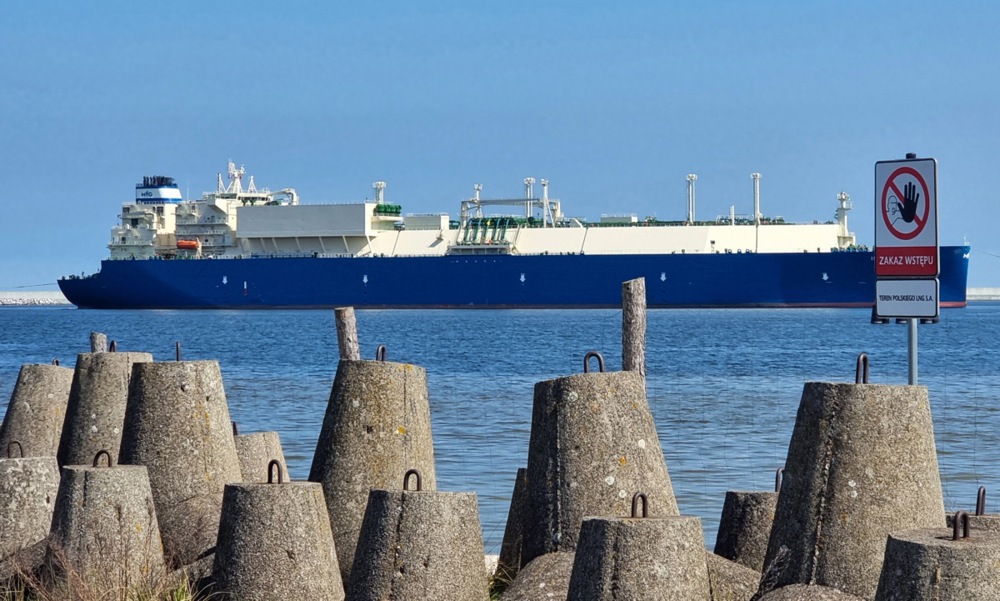Europe must remove borrowing limits for defence spending or face the prospect of war with Russia, according to Lithuanian defence minister Dovile Sakaliene.
“Defence now is an existential matter, it’s more important than structural reforms,” Sakaliene said on April 15.
“If you cannot provide enough ammo for your soldiers, it doesn’t really matter what you say,” she added.
“We have a chance to prevent our citizens from dying in terrifying numbers from Russian bullets and Russian bombs. But we need to disburse funds for strengthening our military, our defence capabilities, right now.”
Lithuania, a NATO and European Union member that borders both its former overlord Russia and Moscow’s close ally Belarus, has committed to spending 5.5 per cent of its gross domestic product (GDP) next year on defence, up from 3.9 per cent of GDP earmarked this year.
EU finance ministers expressed interest on April 12 in the idea of a joint defence fund that would buy and own defence equipment, partly as a way to address concerns of highly-indebted countries because the debt incurred would not be attached to national accounts.
The discussion was part of a European effort to prepare for a potential attack from Russia as EU governments have realised they can no longer fully rely on the US for their security.
Russia’s defence minister said in December that Moscow had to prepare for direct conflict with NATO in the next decade.
Under the separate ReArm Europe plan, the EU has been looking to boost military spending by €800 billion over the next four years, via loosening fiscal rules on defence investment and joint borrowing for large defence projects against the EU budget.
Sakaliene said the EU needed to remove all stops on borrowing for defence needs and provide immediate grants, not only loans, to its members for the purpose.
She said she could understand US President Donald Trump saying he would not defend NATO allies if they were not paying enough for their own defence.
“This tension, this unpleasant conversation – it is justified … We are where we are because Europe lagged behind, terribly, for years,” said Sakaliene.
Despite Trump’s words, frontline NATO allies Lithuania, Estonia, Latvia and Poland “do have the United States by our side should any crisis happen”, she added, because they spent significantly on their defence and closely co-operated with the US militarily.





